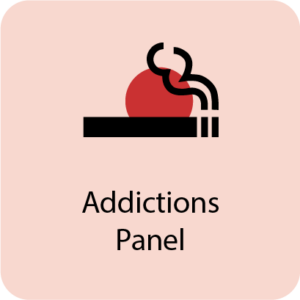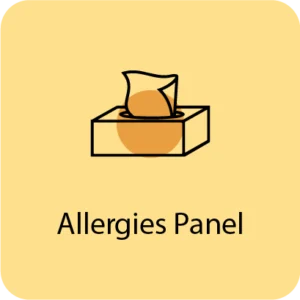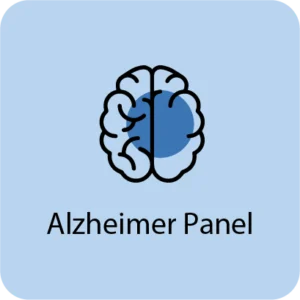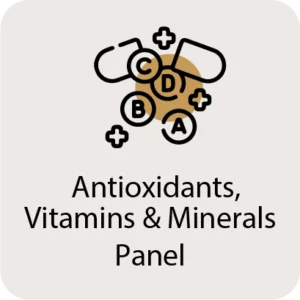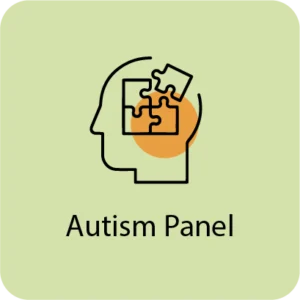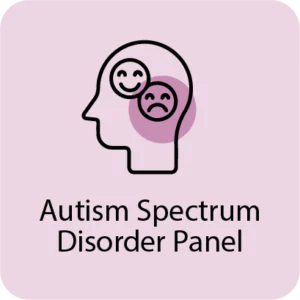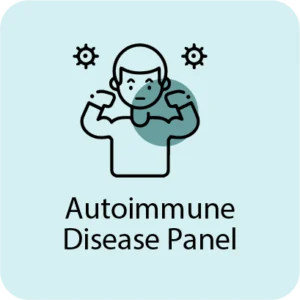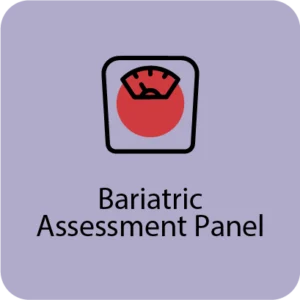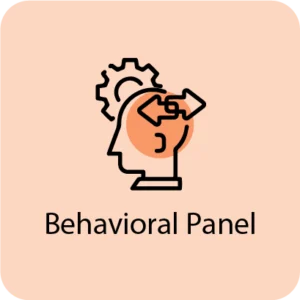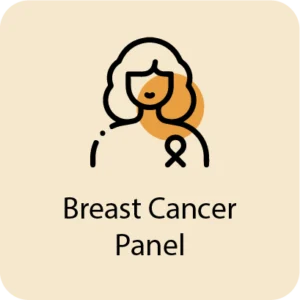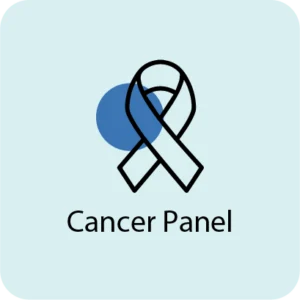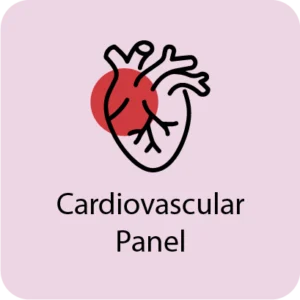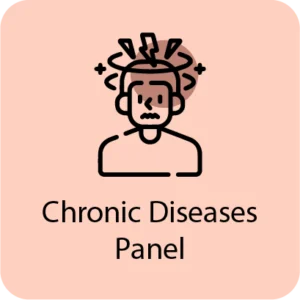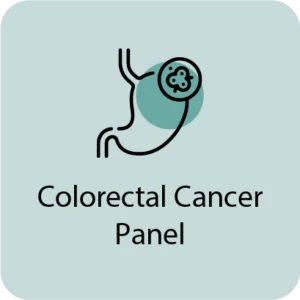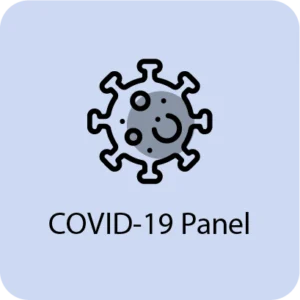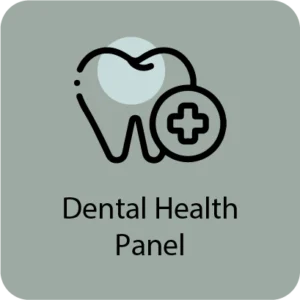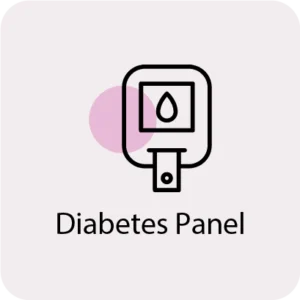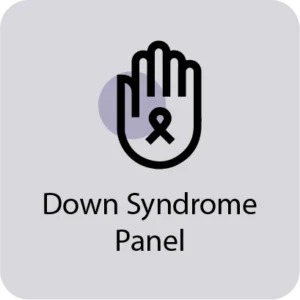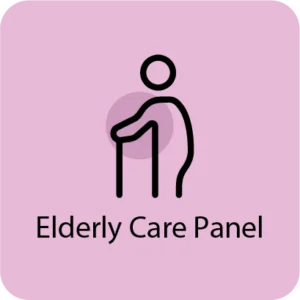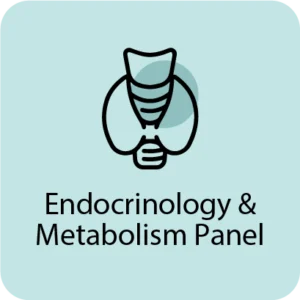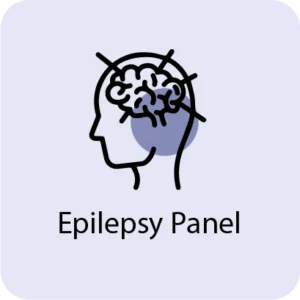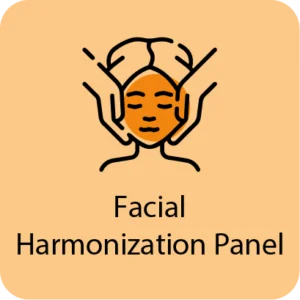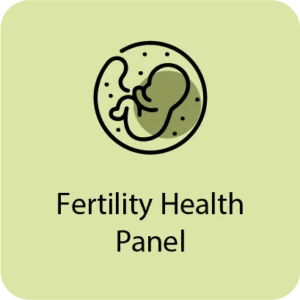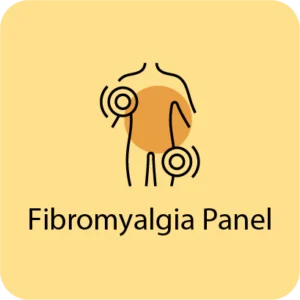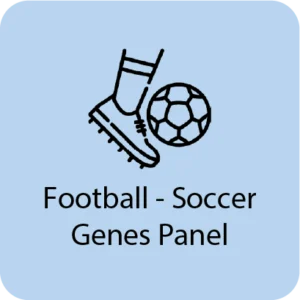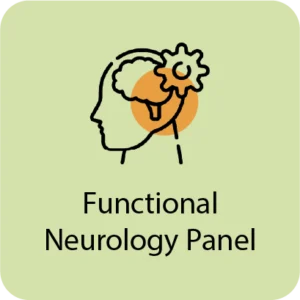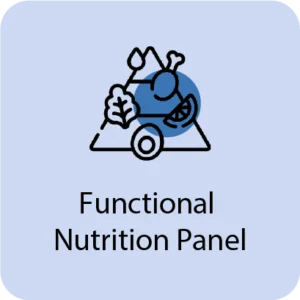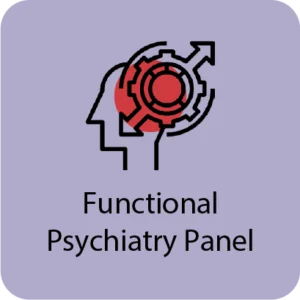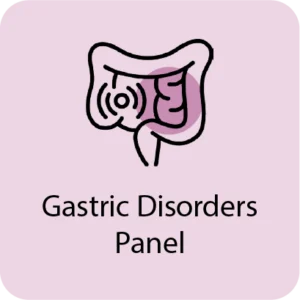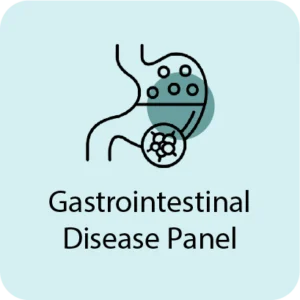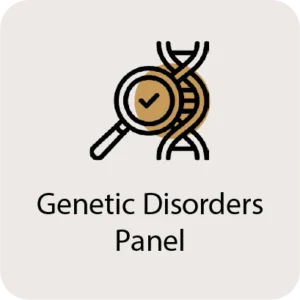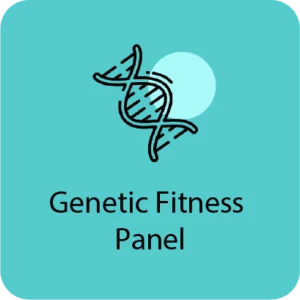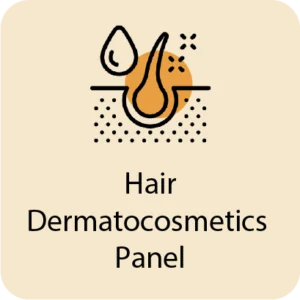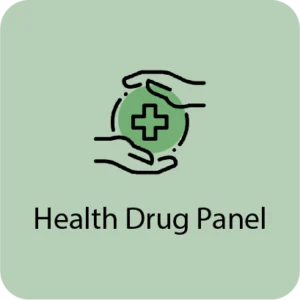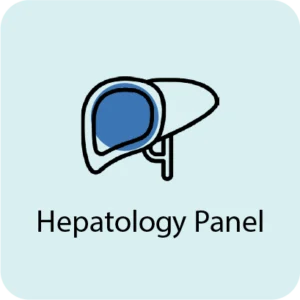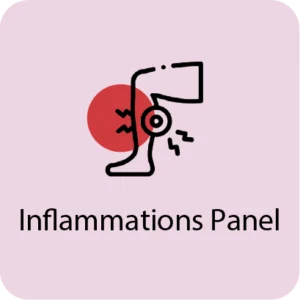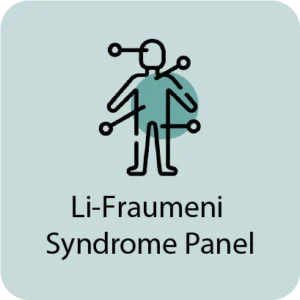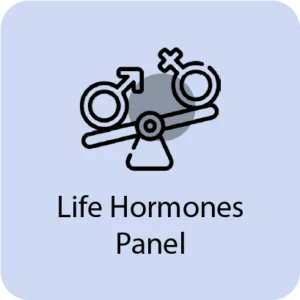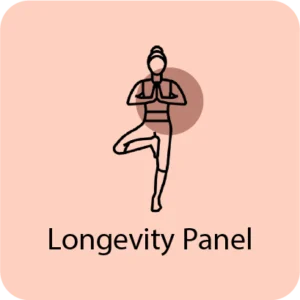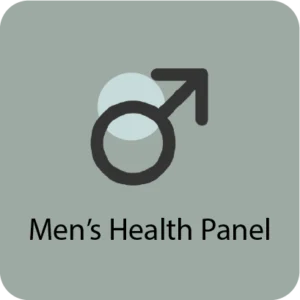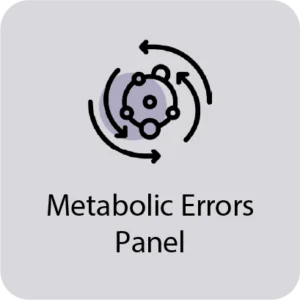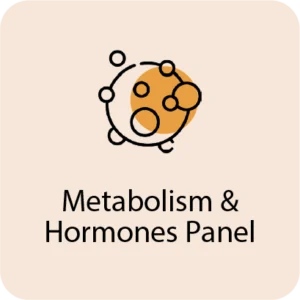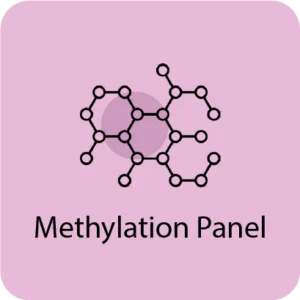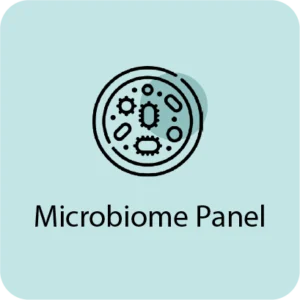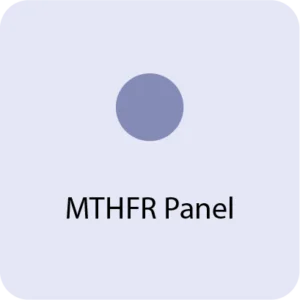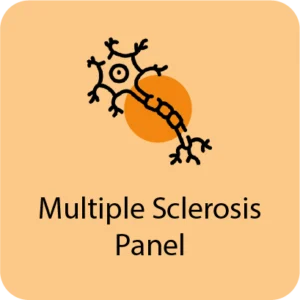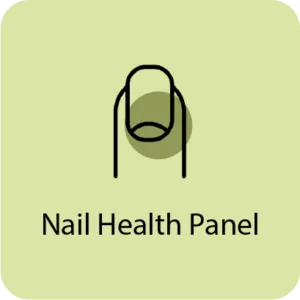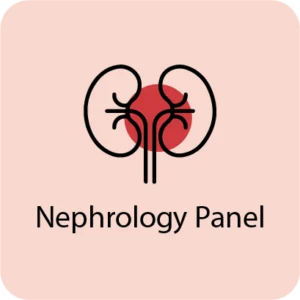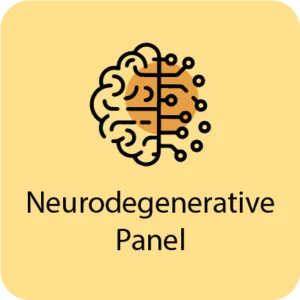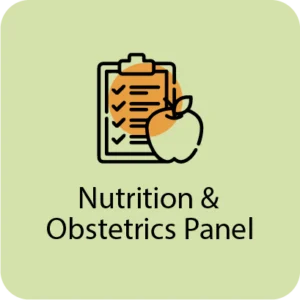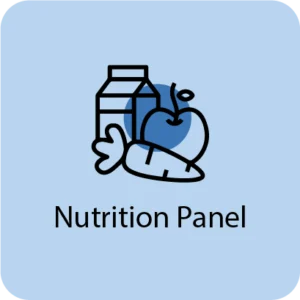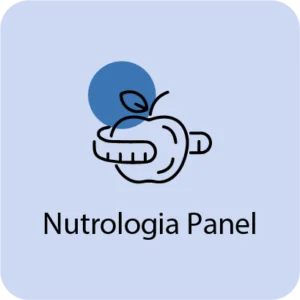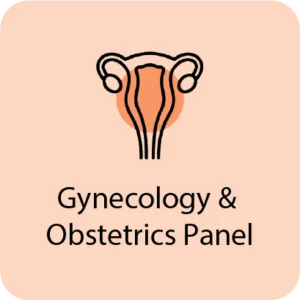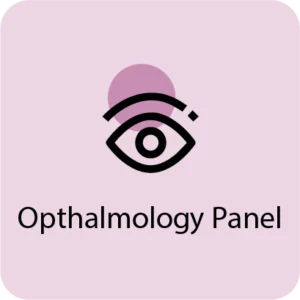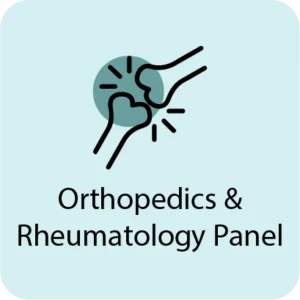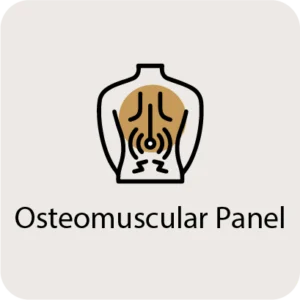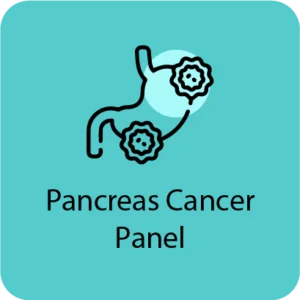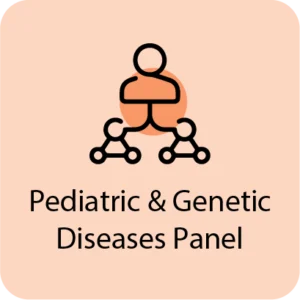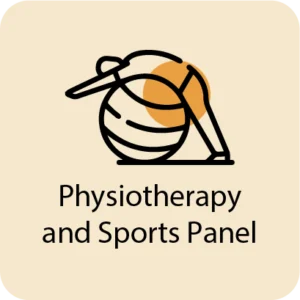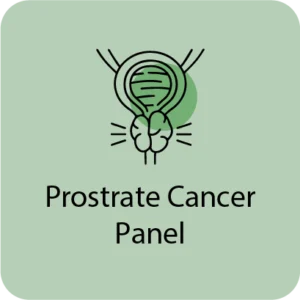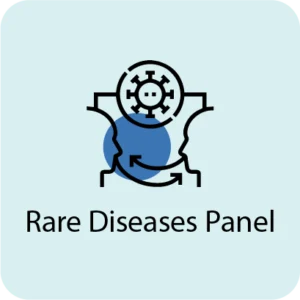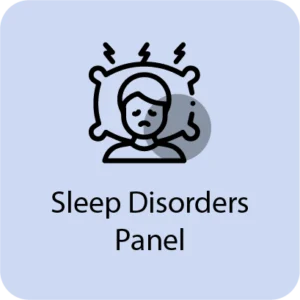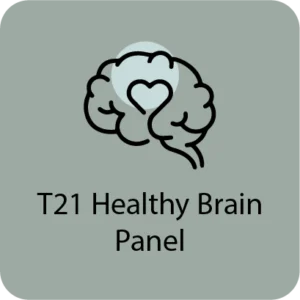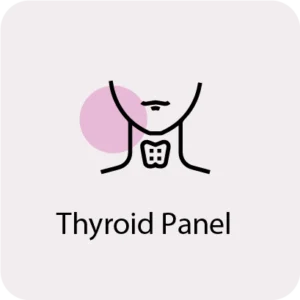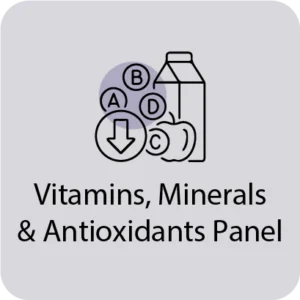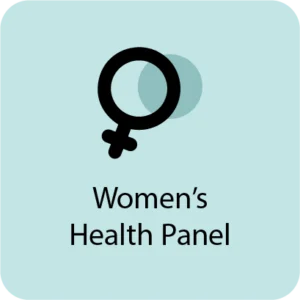Down Syndrome
Down syndrome is a genetic condition caused by the presence of an extra copy of chromosome 21. It affects individuals differently and is associated with varying degrees of intellectual disability, physical features, and health issues.
Causes Of Down Syndrome:
Down syndrome is primarily caused by the presence of an extra copy of chromosome 21. It is either a result of an error during cell division in the egg or sperm (known as nondisjunction) or due to the inheritance of an extra chromosome 21 from one of the parents. The exact cause of nondisjunction is unknown, but advanced maternal age is a known risk factor.
Symptoms Of Down Syndrome:
Common physical features associated with Down syndrome may include:
- Flat facial profile
- Upward slanting eyes with epicanthic folds
- Small ears
- Short neck
- Protruding tongue
- Low muscle tone (hypotonia)
- Single deep crease across the palm (simian crease)
In addition to physical features, individuals with Down syndrome may also experience intellectual disability, developmental delays, and certain health issues. It includes congenital heart defects, gastrointestinal abnormalities, vision and hearing problems, and thyroid disorders. However, the severity and combination of symptoms can vary widely among individuals with Down syndrome.
Diagnosis Of Down Syndrome:
Down syndrome can be diagnosed before birth, shortly after birth, or later in life. Prenatal screening and diagnostic tests, like maternal serum screening, ultrasound, and noninvasive prenatal testing (NIPT). This can detect the presence of Down syndrome during pregnancy.
Diagnostic tests, like chorionic villus sampling (CVS) and amniocentesis, can confirm the diagnosis by analyzing fetal cells obtained from the placenta or amniotic fluid.
In some cases, Down syndrome may be diagnosed based on physical features and developmental milestones that are observed after birth. Genetic testing, like chromosomal analysis (karyotype) or fluorescence in situ hybridization (FISH). This can confirm the diagnosis by identifying the presence of an extra chromosome 21.
Down Syndrome Management With Lifecode:
LifeCode offers holistic and personalized management services to support individuals with Down syndrome and their families. The comprehensive management services include:
- Early Intervention Programs: It is tailored to the unique needs of individuals with Down syndrome, including speech therapy, physical therapy, occupational therapy, and developmental support. This can help in addressing some developmental delays and promote optimal growth and development.
- Educational Support: This access to specialized educational programs, inclusive learning environments, and academic accommodations. Our goal is to empower individuals with Down syndrome to reach their full potential and achieve academic success.
- Medical Management: Lifecode collaborates with healthcare providers, specialists, and therapists to develop personalized medical management plans. This also includes some regular medical check-ups and monitoring for health issues and complications. While coordinating medical care to address specific needs.
- Genetic Counseling: This service for individuals and families affected by Down syndrome, offers information, support, and guidance on the genetic basis of the condition. It shall inherit patterns and available testing options.
- Family Support: It includes access to support groups, counseling services, and educational materials. The goal is to provide families with the information and support they need to navigate the challenges and joys of raising a child with Down syndrome.
Down Syndrome Testing With Lifecode:
LifeCode offers advanced testing services to diagnose and monitor Down syndrome effectively. The testing services include:
- Prenatal Screening and Diagnosis: Lifecode offers prenatal screening and diagnostic tests, like ultrasound, maternal serum screening, noninvasive prenatal testing (NIPT), chorionic villus sampling (CVS), and amniocentesis. It helps in detecting Down syndrome during pregnancy and provides families with accurate information and support.
- Postnatal Diagnosis: This testing, shall include chromosomal analysis (karyotype) and fluorescence in situ hybridization (FISH). It further confirms the diagnosis of Down syndrome shortly after birth and facilitates early intervention and support services.
- Genetic Counseling: The services to individuals and families undergoing testing for providing information, down syndrome, support, and guidance on the implications of the diagnosis and available management and support services.
Down Syndrome Solutions With Lifecode Healthcare:
LifeCode offers innovative solutions to support individuals with Down syndrome. The families manage the condition effectively. Solutions include:
- Telemedicine Services: Lifecode offers convenient telemedicine services. It includes virtual consultations, like monitoring, and online educational programs. It helps in providing accessible and personalized care for individuals with Down syndrome and their families.
- Care Coordination: Lifecode facilitates care coordination and collaboration between healthcare providers, specialists, therapists, educators, and other members of the care team. It shall ensure that individuals with Down syndrome receive comprehensive and coordinated care across various settings.
- Advocacy and Support: The rights and well-being of individuals with Down syndrome and provide support and resources to promote inclusion, acceptance, and empowerment in society.
Conclusion:
LifeCode is your partner in Down syndrome management. This shall offer comprehensive services for testing, management, and solutions to support individuals with Down syndrome. Some of the families throughout their journey.
If you have any questions about Down syndrome or would like to learn more about our services, please don’t hesitate to contact us. Together, we can work towards promoting the health, well-being, and quality of life of individuals with Down syndrome.
| Categories | Conditions Observed |
|---|---|
| Content Yet to Receive | Content Yet to Receive |
What causes Down syndrome?
Down syndrome is primarily caused by an extra copy of chromosome 21, known as trisomy 21. This additional genetic material alters the normal development and functioning of the body, leading to the characteristic features and medical complications associated with the condition.
Who should consider undergoing a genetic testing panel for Down syndrome?
Individuals who are pregnant or planning pregnancy, especially those at increased risk of having a child with Down syndrome due to maternal age, family history, or previous pregnancy outcomes, may benefit from a genetic testing panel to assess the risk of chromosomal abnormalities.
How does genetic testing panel for Down syndrome contribute to informed decision-making during pregnancy?
A genetic testing panel for Down syndrome provides expectant parents with valuable information about the likelihood of their child having Down syndrome or other chromosomal abnormalities. This enables them to make informed decisions regarding prenatal care, pregnancy management, and future planning for their child’s health and well-being.
Can genetic testing panel for Down syndrome be performed before pregnancy?
Yes, genetic testing panel for Down syndrome can be performed before pregnancy through carrier screening or preconception genetic testing to assess the risk of having a child with Down syndrome based on parental genetic profiles. This allows couples to make informed reproductive decisions and plan.
How does early detection through genetic testing panel for Down syndrome facilitate access to supportive resources and interventions?
Early detection of Down syndrome through genetic testing panel allows for timely access to medical care, developmental interventions, educational resources, and support services tailored to the needs of individuals with Down syndrome and their families. This early intervention can significantly improve outcomes and quality of life for individuals with Down syndrome.

